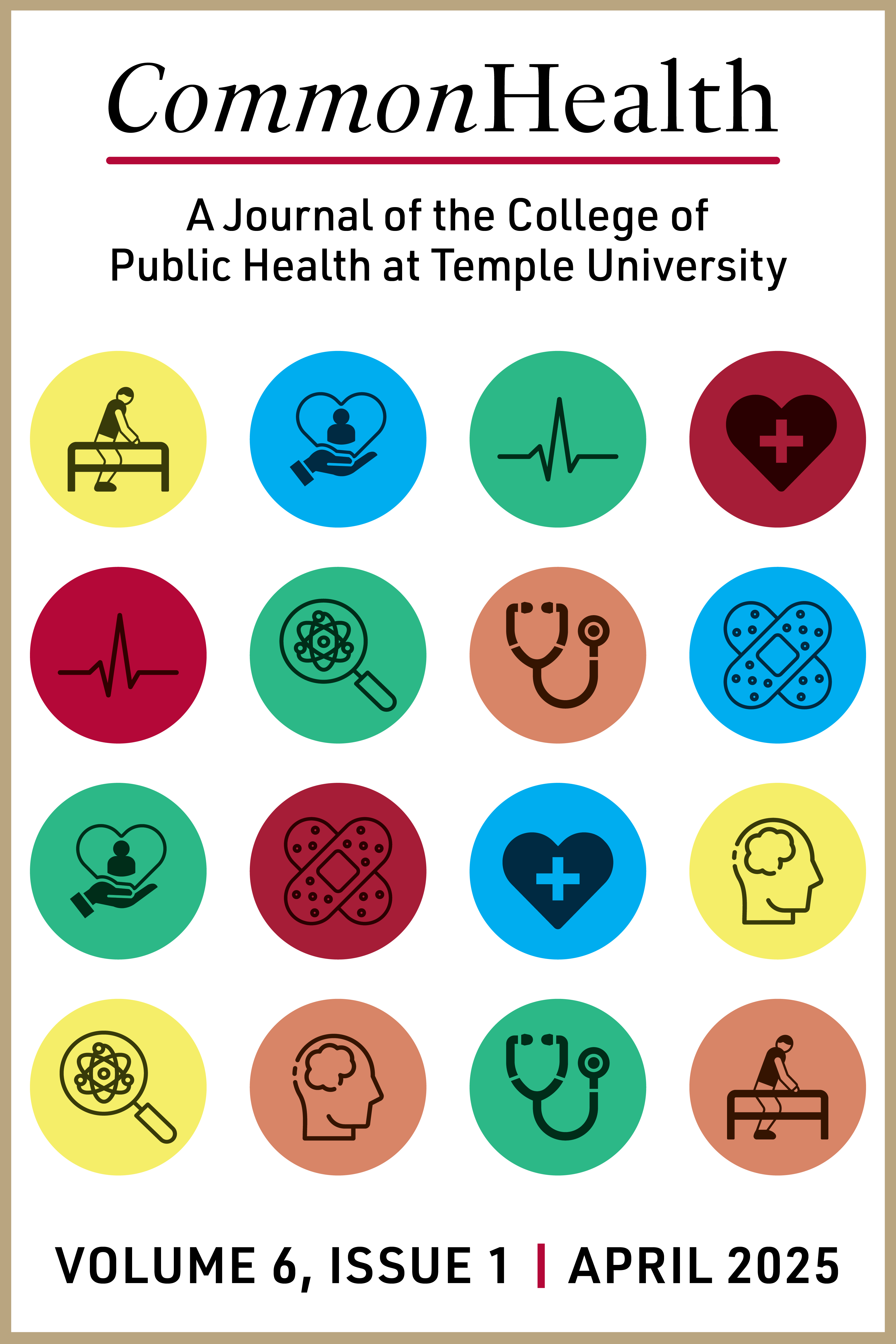Abstract
Advances in generative artificial intelligence (AI) are transforming qualitative data analysis in public health research. By enhancing the efficiency and scalability of data analyses, AI-empowered tools allow researchers to handle larger datasets (i.e. interview transcripts) and uncover deeper insights than traditional methods of manual or computer assisted analysis. However, while AI tools like NVivo, Atlas.ti, and MAXQDA enhance efficiency by automating coding and theme identification, they are still limited in their ability to replicate the nuanced interpretative role of human researchers. In addition, the adoption of these technologies necessitates careful consideration of ethical implications. Educating public health students on the use and limitations of AI tools, alongside traditional qualitative methods, will prepare them for the evolving research landscape. In this article, we describe current AI-empowered tools for qualitative data analysis, review their strengths and weaknesses, and outline learning objectives with sample lesson plans to prepare public health students to critically employ these tools in their own research endeavors.

